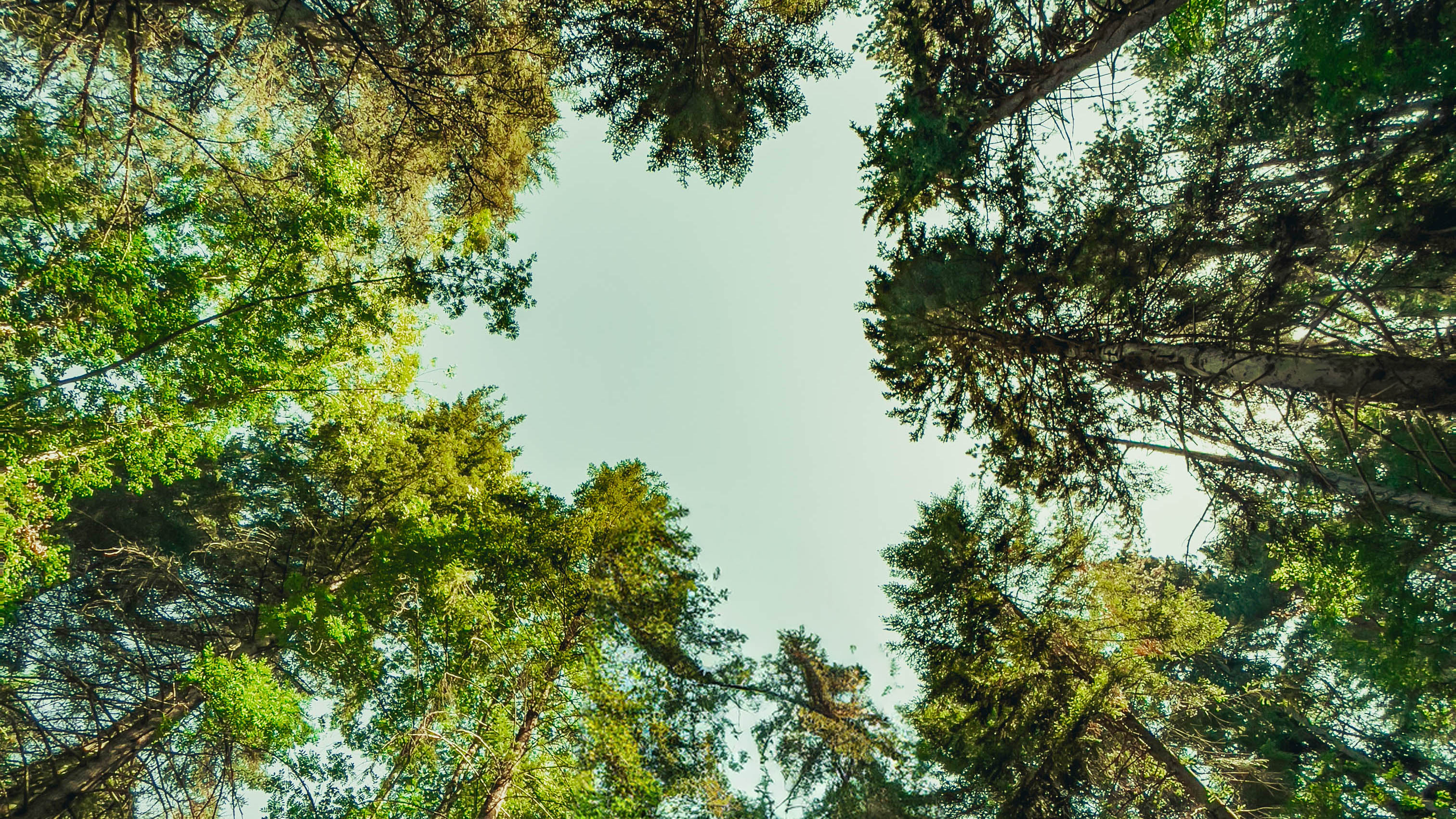
A forest in Ecuador could be recognised as the co-author of a song, if a petition to Ecuador’s copyright office is successful.
It sounds crazy. But the song in question is Song Of The Cedars. It includes melodies of echo-locating bats, howler monkeys, rustling leaves and even a subterranean recording of the soil from the Los Cedros cloud forest in the country.
It was composed by the musician Cosmo Sheldrake, writer Robert MacFarlane, field mycologist Giuliana Furci from the NGO Fungi Foundation and legal scholar César Rodríguez-Garavito. But the four believe that the forest itself should be credited as a co-author.
“It wasn’t written within the forest, it was written with the forest,” explained MacFarlane. “This was absolutely and inextricably an act of co-authorship with the set of processes and relations and beings that that forest and its rivers comprise. We were briefly part of that ongoing being of the forest, and we couldn’t have written it without the forest. The forest wrote it with us.”
And they may actually have a case. In 2021 in an historic ruling, the legal personhood of Los Cedros was recognised by Ecuador’s constitutional court, when mining permits in the ecological reserve were cancelled. “It gives us confidence and a firm legal foundation that we can make this claim in Ecuador,” said Rodríguez-Garavito. “The copyright agency will have to look at the decision by the constitutional court which is binding on all other authorities and decide whether that legal personhood means that the Los Cedros forest can also be the moral author of a song.”
That doesn’t mean that the forest will actually receive royalty payments itself. But it could be that all income from streaming platforms would go into a fund for its protection.
It hardly needs saying that this could open up a (metaphorical) can of worms in terms of music law and sampling. Field recordings of the natural world have been used for decades from the Beatles’ Blackbird to the dogs barking at the end of Pet Sounds. Our record collections are filled with them. Would a musician who sampled the sound of the wind rustling in the trees have to share a co-credit? What if the trees were growing in their back garden, property that they legally owned?
Questions, questions… For the moment Rodriguez-Garavito sees this as an interesting experiment: “For some people, and definitely for some lawyers, this will feel unfamiliar and uncomfortable, because this challenges deep-rooted assumptions of western law and of ownership – of charity versus entitlement.”
He continued: “This is an experiment and an invitation. We undertake this project very much in the mode of inviting other artists, lawyers, creatives to think about the confines of property and authorship and take action along similar lines in their own professional niches.”







